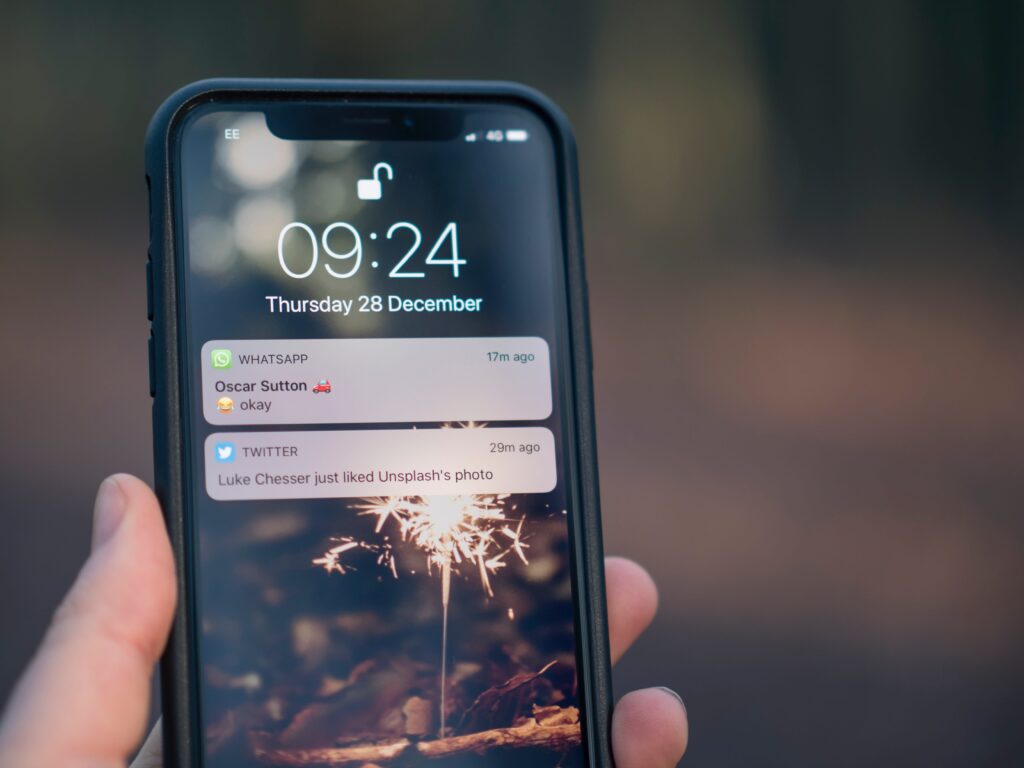
There are several strategies that can help improve prospective memory, including the following:
- Make a list: Writing down your intentions and tasks can help you remember what you need to do and when. You can create a to-do list or use a planner or calendar to keep track of your tasks and deadlines.
- Set reminders: Using reminders, such as alarms or notifications on your phone, can help you remember your tasks and intentions. You can also set reminders in your environment, such as placing a sticky note on your fridge or setting an alarm clock to go off at a specific time.
- Create associations: Creating associations between your intentions and specific cues in your environment can help you remember your tasks. For example, you could associate taking your medication with a specific routine, such as brushing your teeth, or you could place a reminder note on your computer to remind you of an upcoming meeting.
- Use visualization: Visualizing your tasks and intentions can help you remember them better. Try to create a mental image of what you need to do and when, and try to visualize the steps you need to take to complete your task.
- Practice mindfulness: Being mindful and present in the moment can help you remember your intentions and tasks. Try to focus on one thing at a time and avoid multitasking, as this can make it more difficult to remember your tasks.
By understanding the concept of prospective memory and using these strategies, you can improve your ability to remember your tasks and intentions, and be more productive and successful in your personal and professional life.

